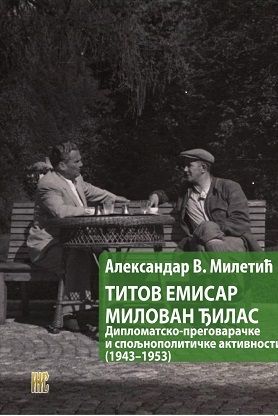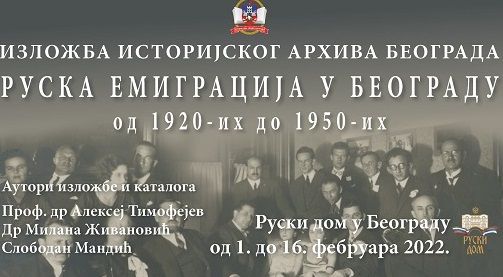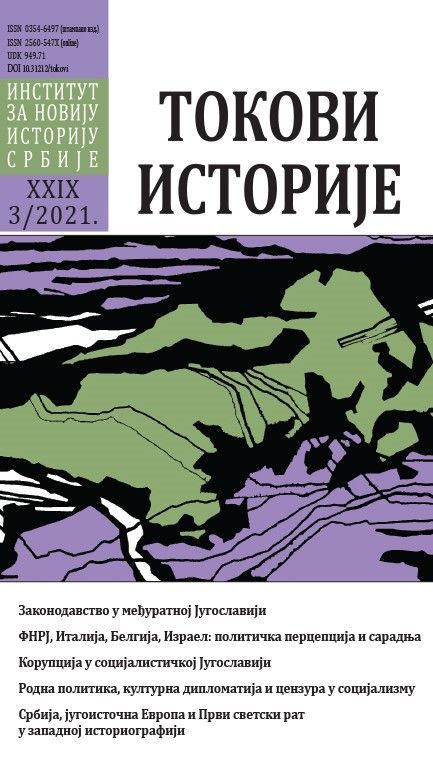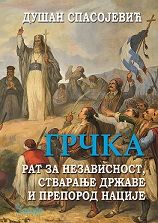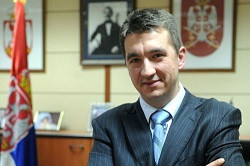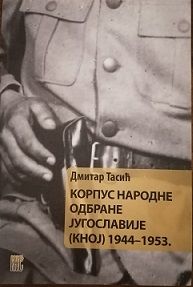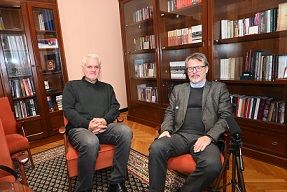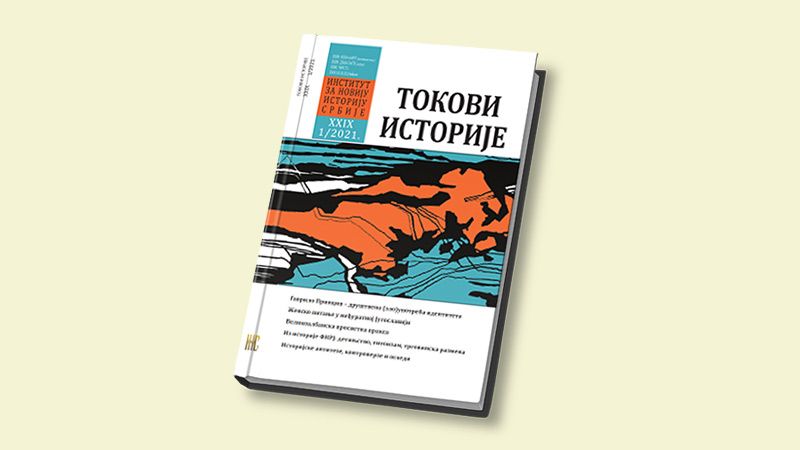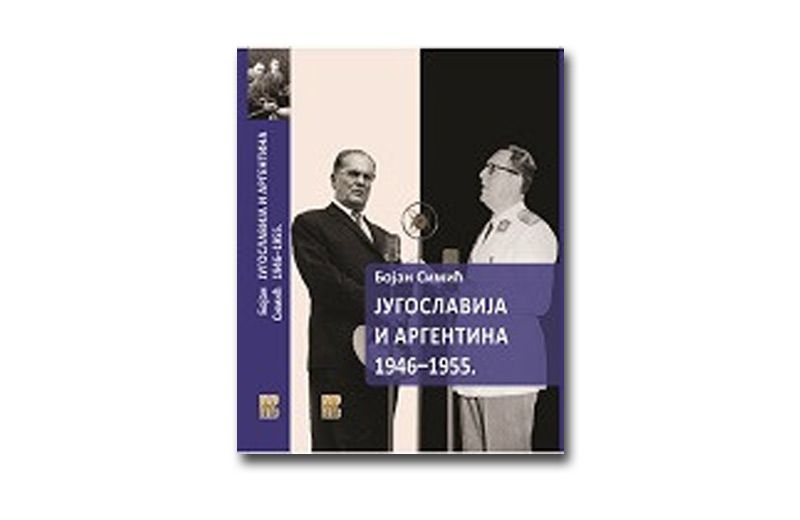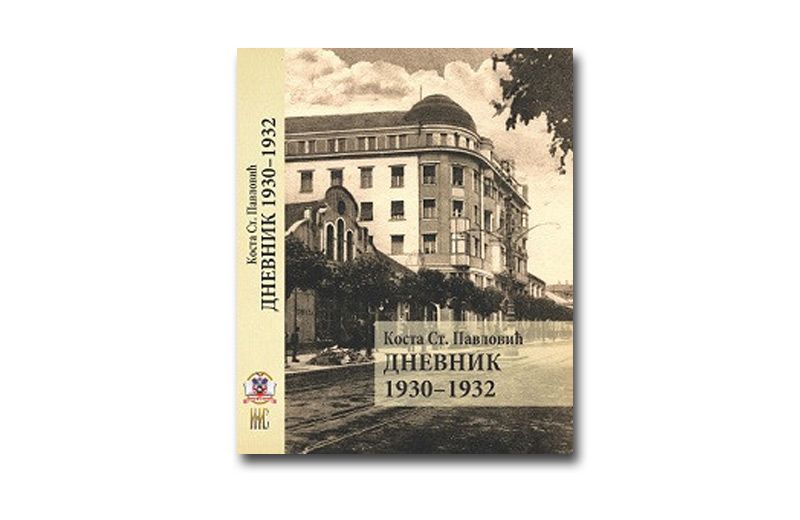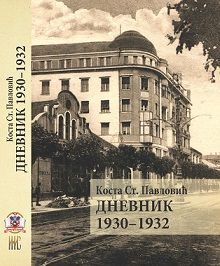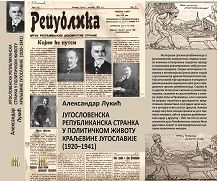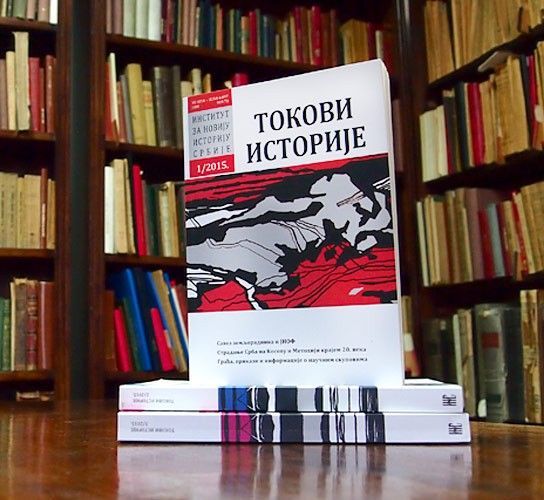INIS got another PhD in its ranks!
On November 9, Aleksandar Rakonjac defended his doctoral dissertation entitled "Industrialization of Yugoslavia (1947−1952). Plans and Practice" in the ceremonial hall of the Faculty of Philosophy in Belgrade.
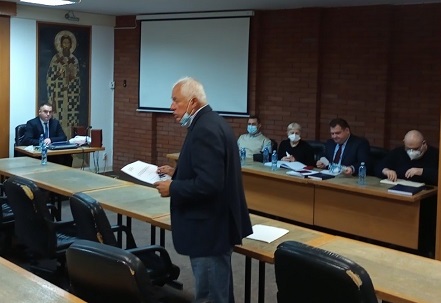
The dissertation was defended in front of the commission:
Prof. PhD Ljubodrag Dimić, Full Professor, Faculty of Philosophy, University of Belgrade, regular member of SANU. Mentor and writer of the report.
Prof. PhD Mira Radojevic, Full Professor, Faculty of Philosophy, University of Belgrade, corresponding member of SANU
Prof. PhD Aleksandar Životić, Associate Professor, Faculty of Philosophy, University of Belgrad. Chairman of the commission for the defense of the doctoral dissertation.
PhD Vladimir Cvetković, Senior Research Associate, Institute for Recent History of Serbia
PhD Jovan Čavoški, Senior Research Associate, Institute for Recent History of Serbia
The paper is predominantly based on the primary spurces that the candidate researched in the Archives of Yugoslavia, the Diplomatic Archives of the Ministry of Foreign Affairs of the Republic of Serbia, the State Archives of Serbia, the Archives of the National Bank of Serbia, the Historical Archives of Belgrade, the Archives of Vojvodina and the Archives of Slovenia.
CONGRATULATIONS!
